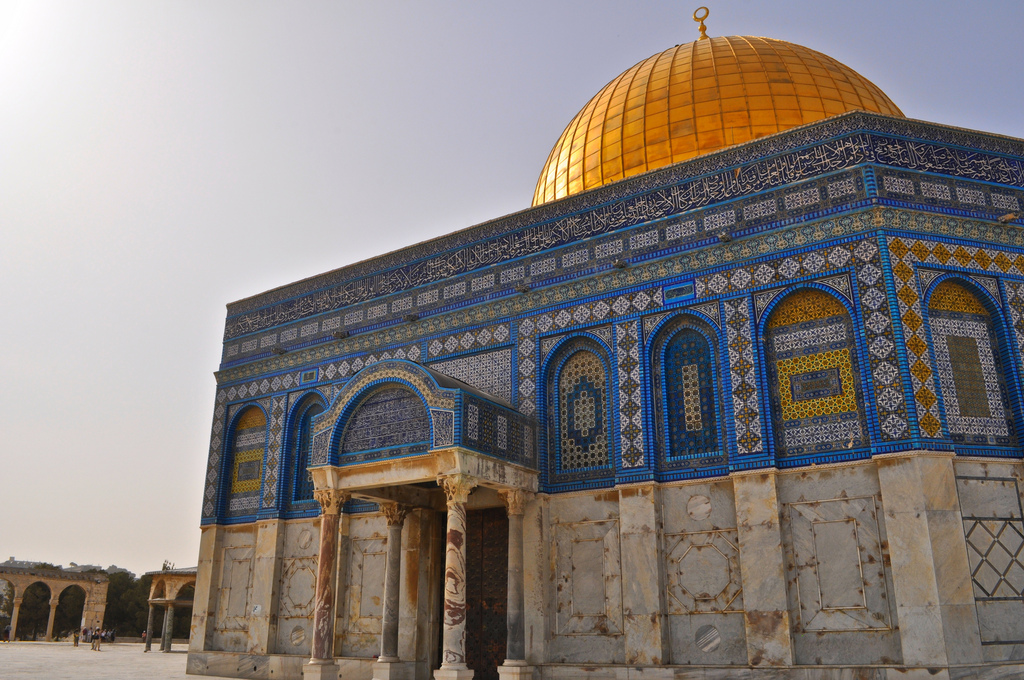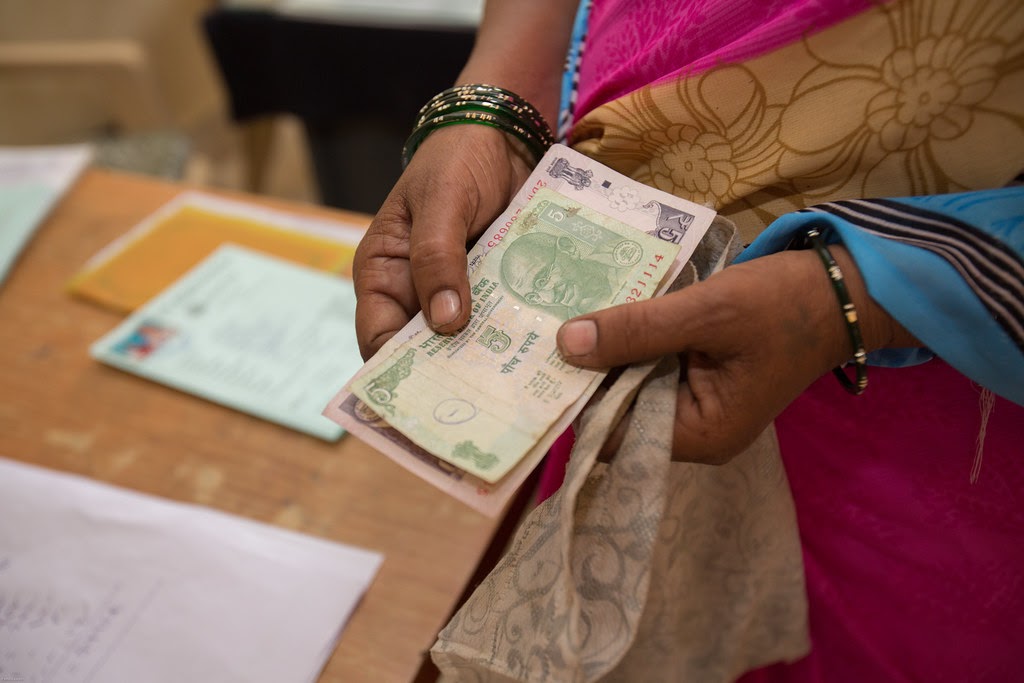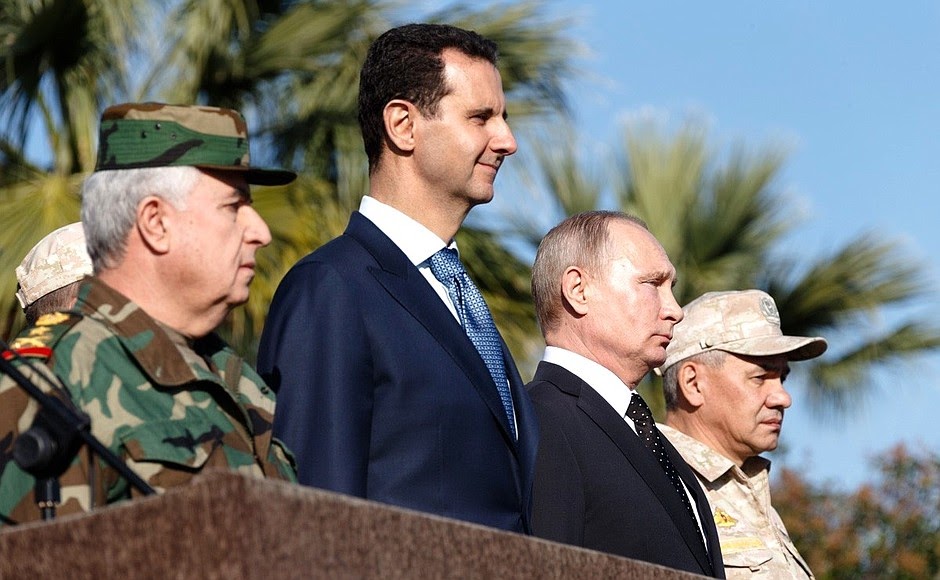Mainstream media and American political discourse have continually ignored the one-state solution as a viable option for the resolution of the Israeli-Palestinian conflict. The concept has been dismissed as too radical, though its background points to a history older than Israel and is rooted in the basic tenets of democracy and justice. The more prominent alternative, the two-state solution formalized in the 1993 Oslo Accords, has not provided any substantive progress toward peace.
Rather than discuss the need to end the conflict, it is imperative at this moment to consider the need for creative and fundamental rethinking of the specific and time-bound approaches to resolution. The current iteration of the peace process, based around a two-state solution, has been ongoing but unproductive for more than 20 years. In his book One Country, Ali Abunimah argues that “it is vital to show both peoples that there is another way: we must insist on a debate over alternatives to the two-state solution that will allow each community to secure its rights, identity, and legitimacy by embracing the other as equal.”[i] As the current process is decidedly not achieving results, there must be new thought given to the actors, process, and proposed solutions to bring resolution to the conflict.
The idea of a one-state solution in historic Palestine pre-dates Israel. As early as the 1920s, the idea was first proposed to establish a single democratic state as a homeland for both Muslims and Jews where they could coexist socially, religiously, and politically. In a 1921 speech in Jerusalem, Winston Churchill remarked that “our [Great Britain’s] promise is a double one. On the one hand we promised to give our help to Zionism, and on the other, we assured the non-Jewish inhabitants that they should not suffer in consequence. Every step you take should therefore be also for the moral and material benefit of all Palestinians.”[ii] In fact, partition was not even proposed as a solution until 1937 by the British, a foreign power seeking to ensure the maintenance of its sphere of influence and its colonial empire. This plan was simply proposed as a pragmatic way to ensure equitable distribution of resources, not as a long-term ideological proposal from which to establish an exclusively Jewish state.

The official partitioning of Palestine occurred in November 1947 with the passage of United Nations (UN) Resolution 181 by the UN Special Committee on Palestine (UNSCOP). Then, as now, there was debate amongst member states between a one and two-state solution, with only a minority favoring a one-state solution. The decision to divide the land has been explained by Ussama Makdisi, who argues that “although UNSCOP recognized that the Arabs were ‘for centuries the indigenous and preponderant’ people in Palestine, Jewish ‘historical association’ and the urgent situation of Jewish refugees in Europe made the committee decide that the ‘extreme solution’ of a single democratic state was out of the question.”[iii]
After the Second World War, the international community, eager to resolve the Jewish question and absolve their guilt in having failed to prevent the atrocities of the Nazi holocaust, “sacrificed democracy for expediency in the name of a one-sided humanitarianism.”[iv] Although the partition plan was preponderantly beneficial to one side, it was still thought that everyone could benefit from the decision considering that “the plan was based on the hope that the immediate pain of partition would be overcome by the security of mutual statehood that was meant to be engendered in its aftermath.”[v]
The main issue that critics of the two-state solution take fault with here is that “mutual statehood” has never been established. Israel remains an independent and fully functioning, modern state, while the Palestinians have no sovereignty over their own territory or ability for recourse in the international system. The most common historical parallel to the Israeli-Palestinian conflict is the policy of apartheid enforced in South Africa between 1948 and 1994. This system institutionalized the separation of white and black South Africans and disproportionately favored the former at the expense of the latter.
Apartheid in South Africa did not end in a negotiated settlement in which the nation was divided into separate states based on ethnicity; instead, it crumbled from the shaky moral foundation that stressed separation rather than unity. The 1994 national elections in which both white and black South Africans participated fairly officially ended apartheid and today all South Africans live in a unified, democratic country. Resolution of the conflict required a “critical number of white South Africans, under intense internal and external pressure, realized that giving up power was the best way to secure their future”.[vi] The international community would have been morally outraged if the solution in South Africa had been complete physical and social division, rather than unity in addressing common interests and identities.
The contemporary Israeli-Palestinian peace-process began in 1993 with the signing of the Oslo Accords, which stipulated that a Palestinian state be established within five-years and provided de facto recognition of Israel, and thus the two-state solution. To date, no substantive progress has been made since this process began. The situation has been equivalent to a “status quo minus”, wherein Israel remains publicly committed to negotiations while simultaneously continuing their policy of settlement expansion and resource acquisition, using a systemized divide-and-conquer approach to Palestine.[vii] Today, there are over 500,000 Israeli settlers in the occupied Palestinian territories, more the six times the number twenty-years ago. This demonstrates how Israel uses negotiations to actively manage the conflict and maintain their privileged position.[viii]
The most recent attempt at a resolution to the conflict was seen in the application by the Palestinian Authority for full Palestinian statehood in the UN. However, this approach, like past efforts, is also not likely to produce a concrete solution. By seeking Palestinian sovereignty in an institution that recognizes Israel as such, this unilateral action accepts a de jure two-state solution while ignoring underlying issues to a final Palestinian state such as borders, access to resources, administration, and the right of refugee return. Since nothing concrete has been negotiated toward the existence of two-states, nothing would be lost in an attempt to introduce possibilities of a one-state solution.
A one-state solution is not out of reach and gaining traction in light of the failures of the current process. A new generation is emerging and beginning to participate in civil society, and has begun calling for a more inclusive process that emphasizes unity and compassion rather than vengeance and exclusion. The more inclusive and just the actors that ultimately resolve this issue, the more inclusive and just the outcome will be. Ali Abunimah, co-founder of the Electronic Intifada and considered the world’s foremost academic on the one-state solution argues that, “By talking of a common future and imagining it, we engage in the act of creating it; we introduce a different prospect to endless war. It is only through shattering taboos, questioning long-held assumptions, and articulating a vision that we can move the idea of coexistence in a single state from the far margins to the center of discussion. Simply by admitting the notion to the range of possibilities, we change the landscape.”[ix]
A one-state solution will allow all people to “live in and enjoy the entire country while preserving their distinctive communities and addressing their particular needs. It offers the potential to de-territorialize the conflict and neutralize demography and ethnicity as a source of political power and legitimacy”.[x] If the world at large and the actors involved are truly seeking a fully equitable, just, and peaceful end to the conflict, why should attempts be made to deepen existing boundaries with a two-state solution?
History is not a matter that will ever be able to be negotiated and “it is not the retrieval and representation of the ultimate ‘truth’ that will solve the Palestinian–Israeli question but the appreciation of countless personal, individual unofficial voices and stories that speak of displacement, exile, struggle, violence, and statelessness and of apathy, hope, unity, and fragmentation that together make up Palestine–Israel”.[xi] Rather than continuing to negotiate history, actions and treatment of the present need to be brought to bear. The one-state solution is the only way that all voices, religions, histories, and identities can be respected through their incorporation in the establishment of a single nation for its entire people.
[i] Ali Abunimah, One Country: A Bold Proposal to End the Israeli-Palestinian Impasse. (New York: Metropolitan Books, 2006), 184.
[ii] Patrick Tyler, A World of Trouble: The White House and the Middle East – from the Cold War to the War on Terror. (New York: Farrar, Straus and Giroux, 2009), 34.
[iii] Ussama Makdisi, Faith Misplaced: The Broken Promise of US.-Arab Relations: 1820-2001. (New York: Perseus Books Group, 2010), 192.
[iv] Ussama Makdisi, Faith Misplaced: The Broken Promise of US.-Arab Relations: 1820-2001. (New York: Perseus Books Group, 2010), 193.
[v] Ibid.
[vi] Ali Abunimah, One Country: A Bold Proposal to End the Israeli-Palestinian Impasse. (New York: Metropolitan Books, 2006), 11.
[vii] Husam Zomlot, “The Case for Palestine”, America, Islam, and the Middle East, Northeastern University, 13 September 2011.
[viii] Ibid.
[ix] Ali Abunimah, One Country: A Bold Proposal to End the Israeli-Palestinian Impasse. (New York: Metropolitan Books, 2006), 184.
[x] Ali Abunimah, One Country: A Bold Proposal to End the Israeli-Palestinian Impasse. (New York: Metropolitan Books, 2006), 109.
[xi] E. Mavroui, “Imagining a Shared State in Palestine-Israel”, Antipode, 42:1, 172.


